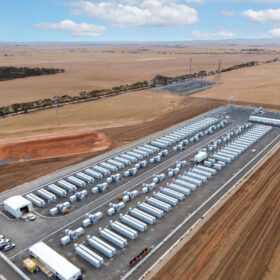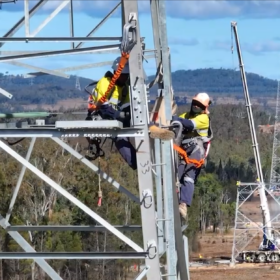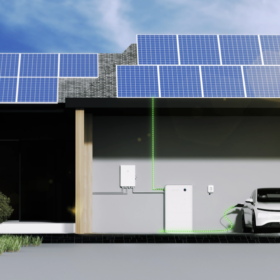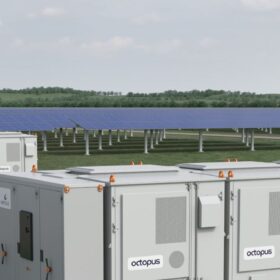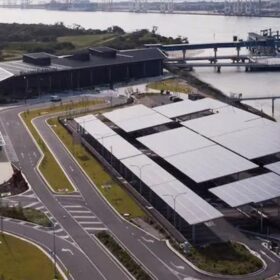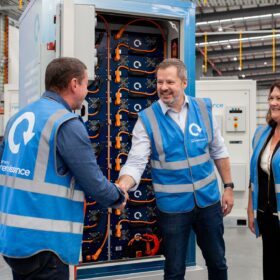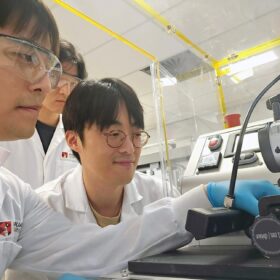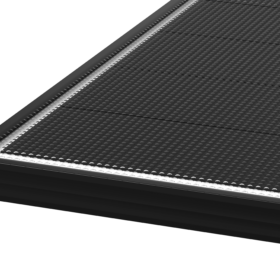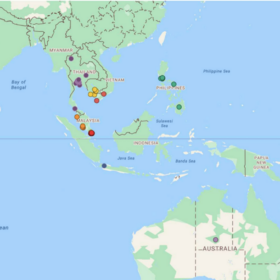Neoen Australia’s 477 MWh Blyth battery goes live in South Australia
NHOA Energy and Elecnor have successfully commissioned the 238.5 MW / 477 MWh Blyth battery energy storage system in South Australia for France-based Neoen Australia.
CopperString East Link prioritised to unlock Flinders renewable energy zone
The CopperString 2032 Eastern Link has been prioritised in the Queensland government’s $12 billion cost saving package to unlock clean energy from the proposed Flinders Renewable Energy Zone.
Market ready vehicle-to-grid technology an energy transition game changer
Essential Energy, the CSIRO, renewable technology company Sigenergy and electric vehicle distributor AUSEV have jointly announced vehicle-to-grid technology is market ready in Australia.
Octopus presses go on hybrid solar and battery project
The Australian arm of United Kingdom-based renewables giant Octopus Group has started building the Fulham solar farm and battery energy storage system in Victoria after reaching financial close on the estimated $300 million project.
Enosi evolves United Kingdom deal for its clean energy trading solution
Sydney clean energy technology company Enosi has partnered with United Kingdom-based energy supplier Evolve Energy to offer its clean energy matching software.
Cybersecure Australian-made residential battery launched in NSW
On the back of the federal government’s $2.3 billion home battery subsidy, a new CSIRO designed and Energy Renaissance-built residential battery has been launched at a New South Wales-based gigafactory.
Researchers make green perovskite manufacturing breakthrough
Scientists at Macquarie University and the University of New South Wales have broken through significant barriers to perovskite solar cell industrial adoption with the discovery of ground breaking green manufacturing processes and materials.
AIKO’s ultra-light solar panel answers structural load limit problem
Pilot shipments of AIKO’s ultra-light 8.6 kilogram solar panel have arrived in Australia offering a solution to structural load limits common in old warehouses, cold stores and lightweight rooftops.
SERIS launches solar asset management spinoff
The Solar Energy Research Institute of Singapore has launched PV Doctor, a startup that provides real-time monitoring and diagnostics to help solar installation owners maintain long-term asset value.
ClearVue inks South Korean distribution and deployment agreements
Western Australia-headquartered smart building materials company ClearVue Technologies has established a partnership with South Korean solar energy company Sinrok Solar Energy to distribute and deploy ClearVue’s solar glazing products, including rights for fencing and road barrier applications.
